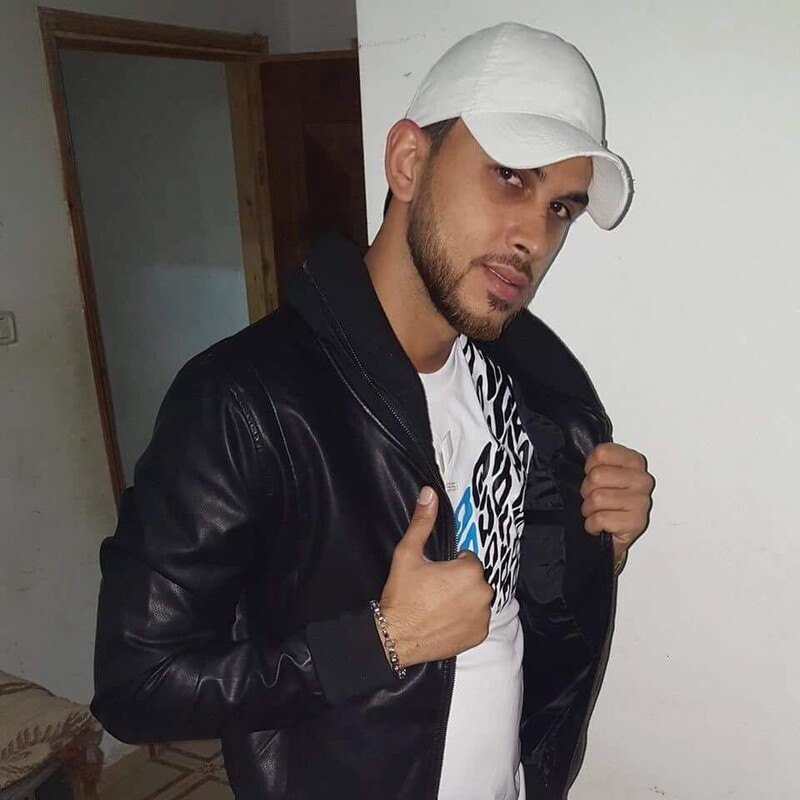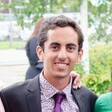Rights and Accountability 20 September 2016

Israelis rally in Tel Aviv on 19 April to call for the release of Elor Azarya. The Israeli soldier had been filmed shooting dead an already incapicated Palestinian at close range, in the occupied West Bank city of Hebron on 24 March 2016.
ActiveStillsRecent killings by Israeli forces in Shuafat refugee camp – on the outskirts of Jerusalem – offer a glimpse of the wider injustices suffered by Palestinians living under occupation.
On 5 September, Israeli police conducting an early morning raid in Shuafat opened fire on a moving car.
Ali Nimir, the driver, was wounded. His brother-in-law Mustafa Nimir was killed.
An Israeli police spokesperson promptly claimed that the car’s driver had “seemingly attempted to run over officers.”
Mainstream media presented Israeli claims as facts. The news agency AFP reported, for example, that a “Palestinian would-be attacker” had been killed.
As usual, the Western press enabled Israel to get its allegations circulated before Palestinian witnesses had a chance to say anything.
Initial press reports omitted the accounts of the Nimir family. Ali and Mustafa were simply bringing home bread from a bakery, as well as clothes for Ali’s daughter, according to Mustafa’s mother and father.
Hope for justice?

Mustafa Nimir
There was a fundamental problem with relying on the Israeli version of events: it was wrong.
One day after Mustafa’s killing, the Israeli police told his parents to visit a police station in the Beit Hanina neighborhood of occupied East Jerusalem.
The police admitted that Mustafa was “killed by mistake,” the Ma’an News Agency reported.
In this type of situation, you would think there was some hope of accountability. As the Israeli authorities had admitted a “mistake” was made, surely they could punish the officers who fired so recklessly at the car.
The incident, after all, had been recorded by a witness. The video evidence contradicts claims that Ali Nimir tried to attack the police.
Instead, the Israeli police have tried to pin all the blame on Ali.
On Thursday last week, an indictment against Ali was filed in an Israeli court. He has been charged with “criminally negligent manslaughter” and driving under the influence of drugs and alcohol, according to the Tel Aviv daily Haaretz.
Ali – not the Israeli police officers who shot the two men and killed one of them – is being accused of causing Mustafa’s death.
Of course, this is not the first time that a Palestinian has effectively been charged or punished for a crime committed by Israeli forces.
In 2005, the uniformed Israeli soldier Eden Natan Zada opened fire on a bus bringing Palestinian citizens of Israel from Haifa to Shefa Amr, a town in the Galilee.
Zada had shot dead the driver of the bus and three passengers before a crowd managed to stop him – as he was reloading his gun – and then killed him.
Zada’s attack was condemned as a “vile act” by Ariel Sharon, then Israel’s prime minister.
If it wasn’t for how local Palestinians tackled him, there is a high probability he would have killed more people.
Yet seven Palestinians who acted in self-defense found themselves being prosecuted.
Six of these men were handed a prison sentence of up to two years each in 2013. A seventh man received an eight-month suspended sentence.
The Israeli police were evidently more interested in pursuing Palestinians than in investigating Zada’s involvement with Kach, a group so violent and extreme that even Israel has outlawed it, or finding out if he had accomplices.
Harder to lie
Earlier this year, the Israeli soldier Elor Azarya was caught on video aiming his rifle and shooting at the head of Abd al-Fattah al-Sharif at close range, when the Palestinian was lying incapacitated on the ground in the occupied West Bank city of Hebron.
Azarya is on trial for manslaughter but it is unlikely that he will truly be held to account.
He enjoys support from Avigdor Lieberman, the Israeli defense minister, and from a significant portion of the Israeli public.
Last month at Azarya’s trial, a security chief for Israeli settlements testified that shooting at the heads of incapacitated alleged Palestinian assailtants is a common practice by Israeli occupation forces.
And last week, Uzi Dayan, the former deputy chief of the Israeli army, testified that “I’ve ordered to kill terrorists just because they’re terrorists, regardless of their condition, whether they are dangerous or not.”
Dayan added that during his years in a high command position he effectively ensured impunity as a matter of policy by preventing military police from investigating “operational incidents.”
The execution by Azarya received widespread attention only because it was filmed.
Imad Abu Shamsiyeh, the man who filmed it, has helped raise awareness about Israel’s human rights abuses. In return, he has received death threats. He fears for his family’s safety.
The Israeli police has not only refused to register his complaints about death threats, it has also threatened him with arrest.
It is a principle of basic justice that nobody should be punished for what someone else has done. Violating that principle, Israel resorts to such practices as punitive demolitions of the homes of relatives of alleged Palestinian assailants.
Parents or siblings get punished for acts in which they had no involvement.
Meanwhile, Israel refuses to subject Jewish families to the same treatment. Israel’s high court recently ruled that the homes in which the killers of Muhammad Abu Khudair lived should be spared from demolition.
The court was responding to a petition from the family of Muhammad, a Shuafat resident burned to death by Israeli settlers in 2014, when he was just 16. His family was contesting why different standards apply to Palestinians than to Israelis.
Israel is finding it harder to conceal its cruel treatment of Palestinians. Using modern technology, witnesses can film and broadcast such cruelty. Lying becomes less easy for a state when its crimes can be viewed on the Internet.
Serial liars, of course, cannot be expected to kick their habits, no matter how compelling the evidence against them may be. When confronted with the truth, Israel tries to present the crimes of its forces as aberrations or mistakes. Then it blames the victim.
Israel is a state where the innocent are punished and the guilty are protected.





